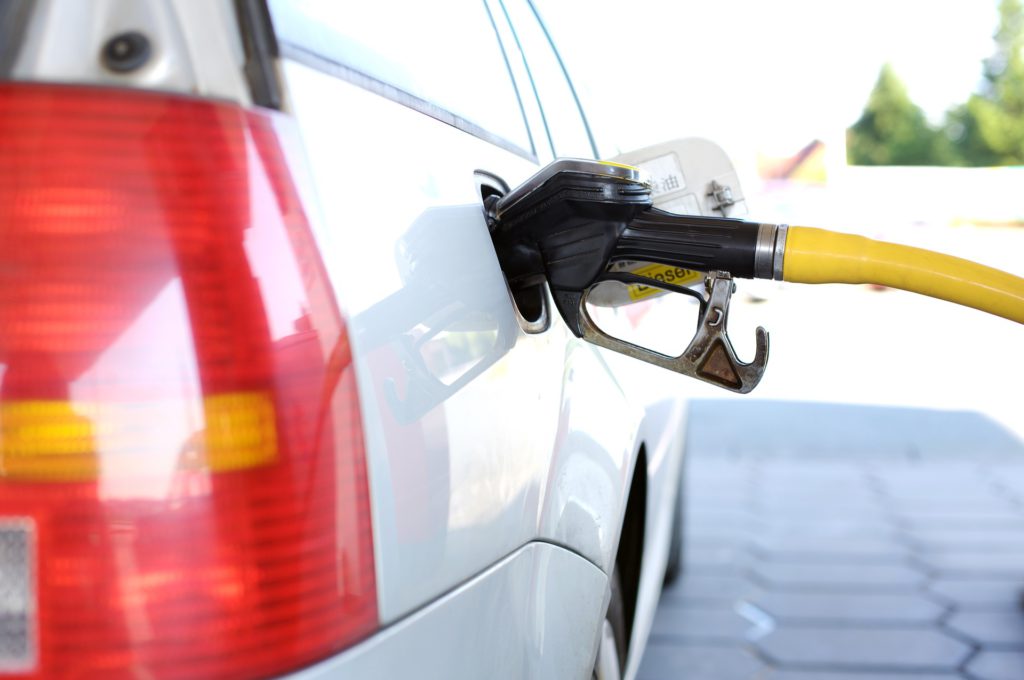Diesel could decline to just 30% market share by 2030 in Europe
26 October 2017

26 October 2017
A new report suggests that the diesel engine share of the European automotive market will drop as low as 30% by 2030, as the technology is phased out by manufacturers and affected by negative press.
Credit rating agency Standard & Poor’s (S & P) stated that in August 2017, the share of the automotive market that was powered by a diesel engine stood at 42.7%, compared to 48.3% in the whole of 2016. This share has fallen since a peak of 56.1% in 2011, although the uncovering of the Dieselgate scandal in late 2015 saw the 2016 figures dip below 50% for the first time since 2006.
The report points to Spain and Germany as the countries where more will fall. S & P expects: ′The market share of diesel will gradually decline, being replaced by gasoline and electric vehicles.’ The report also stresses that ′bad publicity [towards diesel] continues to undermine consumer confidence [in this technology].’
Vehicle manufacturers are reliant on diesel vehicles to meet strict European emissions regulations on CO2. As the market shifts, petrol is currently the fuel of choice for the market, putting a number of car makers in a tricky position with large fines potentially looming, should targets not be kept to by 2021. Therefore, a number of companies are looking to electric vehicles (EVs), although development of these is slow.
Volkswagen (VW), the instigator of the decline of diesel, has stated that it wants 80 EV models on sale by 2025, while Daimler will start bringing vehicles to market in 2018. The German manufacturer has been vocal in its support of diesel, stating there is still a place for it in the market.
Yet there are factors that could lead to this belief that a 30% market share will be achieved by 2030. Both France and the UK are banning the sale of petrol and diesel only engines by 2040, while Norway is planning to phase the technology out by 2025. In addition, 5.3 million German cars are to be recalled to have their emission profiles altered. All of these stories may put consumers off investing in the technology.
One of the risks that S&P sees for manufacturers is the loss of residual value (RV) of diesel vehicles as demand drops. Vehicles coming from the leasing or rental market to sale will lose value for their placement in the market. The company explains that the transfer to electric and the residual value loss of diesel: ′Will lead to the reduction of the leasing and renting operations of large companies, particularly in the premium segment where the proportion of diesel is higher.’